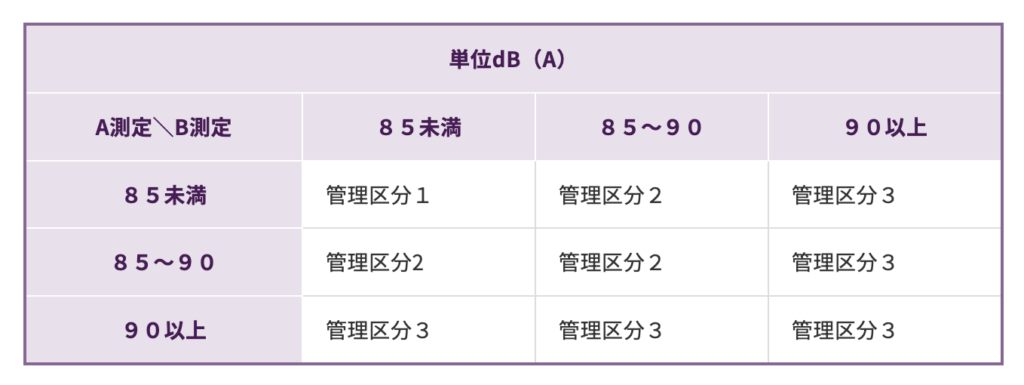Basic Knowledge of Laws Related to Noise Control Measures
Essential Knowledge! Understanding Noise Regulations and Laws
Understanding the laws and regulations related to noise control is crucial for effective soundproofing measures. Here, we will introduce two major regulations: the Noise Regulation Law and the Occupational Safety and Health Regulations. Let’s dive into the details!
Noise Regulation Law: Controlling External Noise
The Noise Regulation Law aims to ensure that noise from factories and other sources does not exceed the thresholds specified for particular areas and times. Based on standards set by prefectural governors, noise emission standards are enforced, and non-compliance can lead to improvement recommendations or orders. Key points:
- Noise emission standards vary by region and are determined by the local government, so checking regional standards is necessary.
- The limits differ based on the time of day, with standards tailored to align with daily life rhythms.
- Exceeding the standards can result in improvement orders.

Occupational Safety and Health Regulations: Protecting Workers’ Hearing
In noisy work environments, protecting workers’ hearing is of utmost importance. The Occupational Safety and Health Regulations categorize noise levels into three management levels: Actions for each management level:
- Level 1: No action required
- Level 2: Improvement measures recommended, such as using hearing protection (earplugs)
- Level 3: Mandatory use of hearing protection and additional facility or workflow improvements required
In environments exceeding 90dB, prolonged exposure can lead to noise-induced hearing loss, which may be recognized as an occupational disease.
What to Do If a Work Environment Is Categorized as Level 3?
If a work environment is categorized as Level 3, warning signs and mandatory use of earplugs are necessary, in addition to implementing noise reduction measures. Immediate action is required to bring the environment down to Level 2 or below.
Summary: Noise Control Rules for Companies
- Noise in the workplace can decrease productivity
- Prolonged exposure to loud noise increases the risk of hearing loss among workers
- Companies must strive to maintain workplace noise levels below 85dB
- Wearing earplugs alone is insufficient; fundamental noise control measures are necessary
Noise control is a corporate responsibility and essential for ensuring the health and safety of workers. Understanding noise-related laws and implementing effective noise reduction measures contribute to sustainable business growth!
